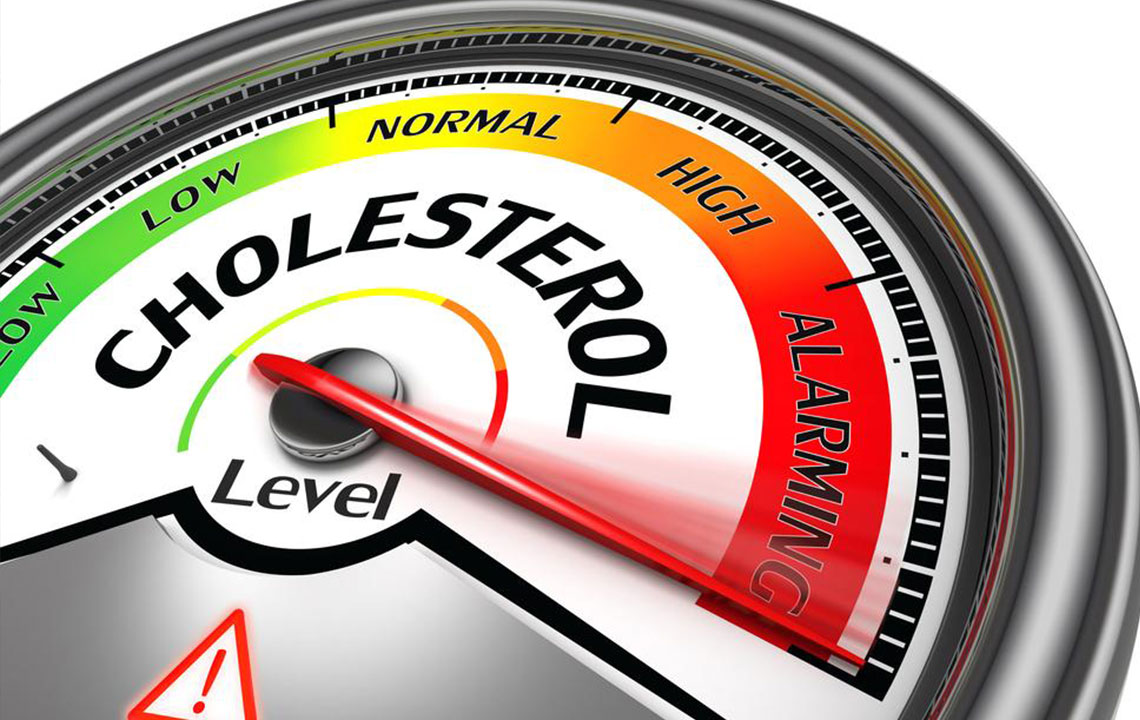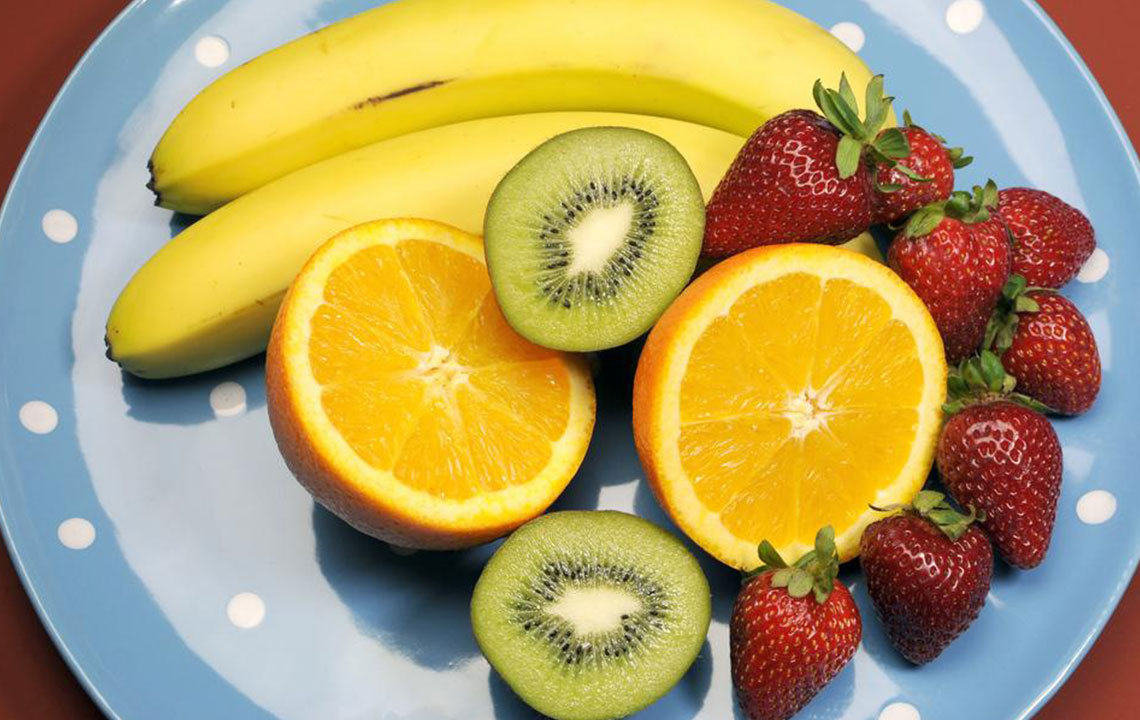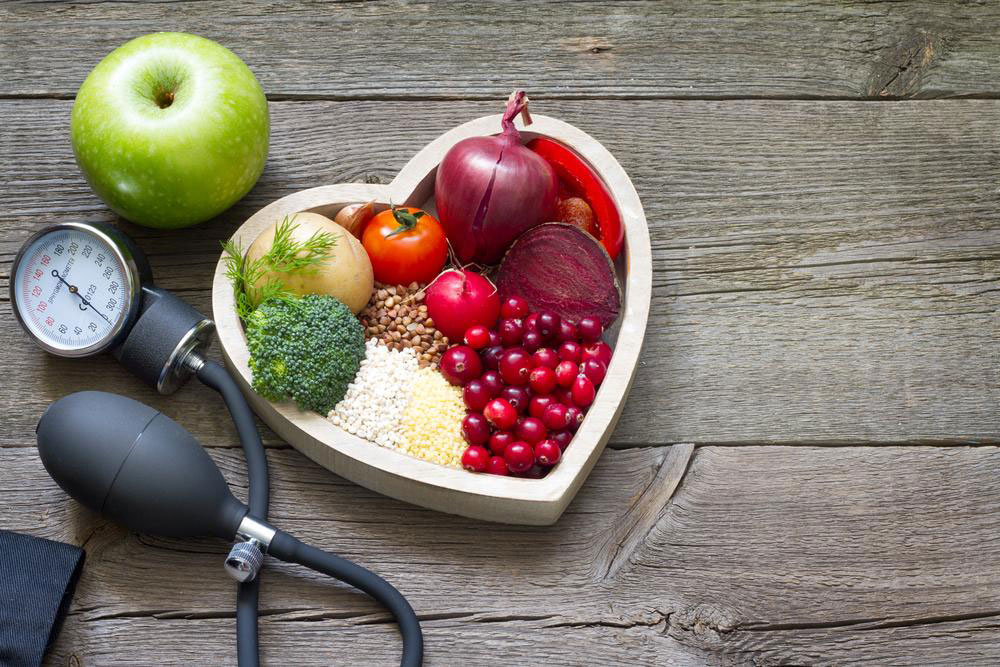Comprehensive Dietary Approaches to Lower Cholesterol and Promote Heart Health
Discover effective dietary strategies to naturally lower cholesterol levels and promote heart health. This comprehensive guide highlights proven nutritional tips, including reducing saturated fats, increasing fiber intake, eating antioxidant-rich vegetables, consuming omega-3-rich fish, and choosing heart-healthy oils. Implementing these lifestyle changes can significantly improve your cardiovascular health, reduce dependency on medications, and promote a healthier, longer life. Perfect for anyone looking to maintain balanced cholesterol levels through sustainable, natural methods.

Comprehensive Dietary Approaches to Lower Cholesterol and Promote Heart Health
Maintaining healthy cholesterol levels is a fundamental step toward reducing the risk of cardiovascular diseases and ensuring overall heart health. With heart disease remaining one of the leading causes of mortality worldwide, understanding and implementing effective dietary strategies can make a significant difference. While medication is often prescribed, a natural, diet-focused approach can be equally effective for many people, especially when combined with regular physical activity. This detailed guide explores proven dietary methods for managing cholesterol levels, emphasizing lifestyle modifications that support long-term cardiovascular wellness.
If you are concerned about your heart health, adopting these dietary strategies can help you control and lower your cholesterol naturally. Small, sustainable changes in your eating habits and lifestyle can lead to substantial health benefits, decreasing reliance on medications and improving overall well-being. This article aims to provide practical advice grounded in scientific research, enabling you to make informed choices for a healthier heart.
Lowering cholesterol doesn’t necessarily require expensive medical treatments; rather, focusing on a balanced, nutrient-rich diet combined with regular exercise can produce measurable improvements. Here are five core dietary principles supported by clinical evidence that can assist you in managing your cholesterol levels naturally:
Minimize saturated and trans fats: Saturated fats, predominantly found in animal products such as red meat, butter, and full-fat dairy, can elevate low-density lipoprotein (LDL) cholesterol—the “bad” cholesterol that contributes to plaque buildup in arteries. Trans fats, often present in processed foods like baked goods, margarine, and snack foods, are even more harmful. Replacing these with healthier unsaturated fats can significantly improve your cholesterol profile.
Prioritize intake of fiber-rich foods: Soluble fiber is a powerful agent for lowering LDL cholesterol levels. It acts by binding to cholesterol molecules in the digestive system and removing them from the body. Incorporate plenty of fruits (such as apples, berries, and oranges), oats, beans, lentils, and other legumes into your daily diet for optimal benefits.
Eat antioxidant-rich vegetables like spinach: Spinach and other leafy greens are high in lutein—a potent antioxidant known to prevent the oxidation of LDL cholesterol, which is a key step in artery clogging. Regular consumption of spinach can help keep your arteries clear and reduce the risk of heart disease.
Include fatty fish in your diet: Consuming fatty fish such as salmon, sardines, mackerel, and tuna at least two to four times per week provides Omega-3 fatty acids. These essential fats have been shown to lower triglycerides, reduce blood pressure, and improve overall heart health. Omega-3s also help elevate HDL cholesterol—the “good” cholesterol that aids in removing excess LDL from your bloodstream.
Switch to heart-healthy cooking oils like olive oil: Replacing saturated fats and trans fats with monounsaturated fats found in olive oil can reduce total cholesterol by approximately 10-15%. Extra virgin olive oil is rich in antioxidants and anti-inflammatory compounds that promote cardiovascular health, making it a superior choice for everyday cooking.





